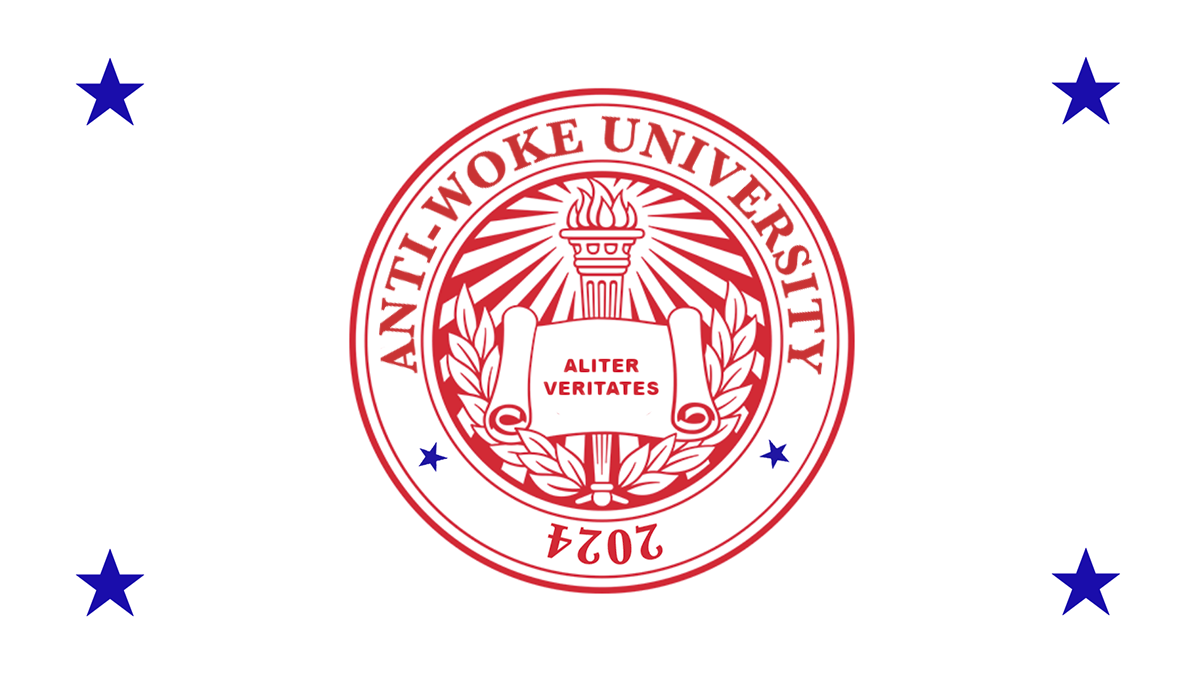- cross-posted to:
- politics@beehaw.org
- cross-posted to:
- politics@beehaw.org
Some gems from the article.
… We numbered 50 or so. We came from places like Harvard and Stanford and UChicago and MIT and U Penn. There was James, who studied computer science. Then there was Cameron, who also studied computer science. David and Peter studied computer science, while Luke and Albert studied computer science. As for Mike and Jason, the former studied computer science, whereas the latter studied computer science. Ethan was not unlike Max, in that both studied computer science. Some people studied business, too.
The students’ demographics were as revealing as their chosen majors. Roughly 80% were white. Over 70% were men. There was not a black man in the room.
(And if you need to leave to use the bathroom, you’ll get to pass by a massive oil painting of George W. Bush making the Hand of Benediction in front of the wreckage of 9/11, beside a Madonna-figure whose halo glows, I shit you not, with the Coca Cola logo.)
Peter springs to the center of the room. The air pressure changes. A buzz, a hum, a current about us. He brims with a frenzied energy. Something is happening. He is going to give us a taste of what’s to come, he says. This is the kind of intellectual activity we’re going to experience at UATX. We’re going to grapple with big issues. We’re going to be daring, fearless, undaunted. We’re going, he says, to do something called “Street Epistemology.”
What is Street Epistemology? He’ll demonstrate. It’s one of two things he does, the other being jiu-jitsu. “I don’t have a life,” he says. “I talk to strangers and I wrestle strangers.” But before we can do Street Epistemology, Peter needs to think of some questions.
“You gotta get into jiu-jitsu, man. I’m telling you.” Peter did jiu-jitsu. It’d changed his life. He spun around in his seat, scanned the rest of the bus, then whipped back to laser his eyes on me. “I could murder everybody on this bus and nobody could stop me. It’s a superpower.” I thought this over.
Many of the founders had participated in the same conservative think tanks: The Hoover Institution, The Manhattan Institute, The American Enterprise Institute. Many had contributed to The Free Press, the digital paper founded by Bari Weiss in 2021, the same year UATX was announced. Many were friends or fans of Jordan Peterson. One UATX founder was even double-dipping, delivering lectures at both UATX and Peterson’s forthcoming Peterson Academy. One had been fired from Princeton University after sleeping with a student and “discouraging her from seeking mental health care,” per an official university statement. One had been accused of assaulting his girlfriend. (The charges were dropped.) Another had had a talk at MIT canceled after comparing Affirmative Action to “the atrocities of the 20th century.” And so, beneath their optimism, there churned bitterness and indignation at their mistreatment by the Thought Police—sour feelings they sweetened with their commitment to “free and open inquiry.”



Shot:
Chaser:
Garnish: